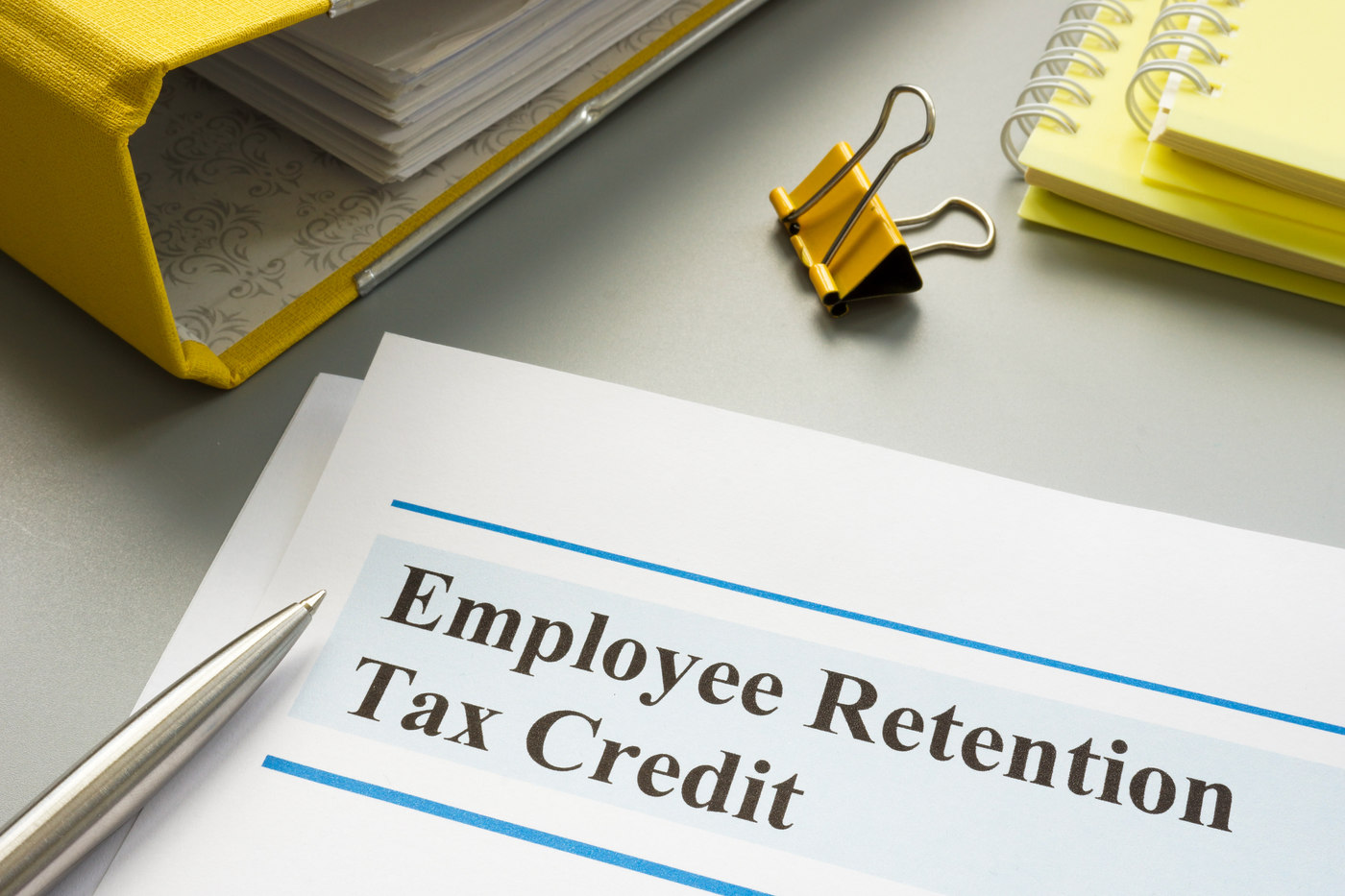While many companies have already taken the financial advantage that ERC credits can provide, many still have not claimed the money they are owed. Of course, some companies may not qualify. However, MANY companies also end up being misinformed about their ERC qualifications. The following guide outlines some common misconceptions regarding ERC tax credit qualifications.
Five Misconceptions About Employee Retention Credit (ERC) Qualifications
Often, companies don't realize that they in fact do qualify for ERC credits. If any of the following reasons have led you to believe that your business does not qualify for ERC, then today may be your lucky day.
My Business Received a Paycheck Protection Program (PPP) Loan
The Consolidated Appropriations Act amended the original CARES Act ERC to
permit businesses that received Paycheck Protection Program (PPP) loans to be eligible for the ERC.
However, businesses that received a PPP loan, in order to qualify for ERC, must have experienced:
- A full or partial suspension of business operations due to government orders enacted in response to the COVID-19 pandemic (Government Orders Test), or
- A significant decline in gross receipts (Gross Receipts Test)
Important to note, however, is that PPP recipients who are eligible for the ERC cannot include wages that were paid with forgiven PPP loan proceeds in the ERC calculation.
Essential Businesses Are Not Eligible for ERC
The ERC does not make a distinction between an “essential” or “non-essential” employer.
A business, whether classified in state or local orders as essential or not, may be eligible for the ERC so long as it satisfies the Government Orders Test or Gross Receipts Test (See the previous misconception).
For example, a business that was classified as “essential” by government order and was able to continue to operate may nonetheless have experienced a partial suspension or a significant decline in gross receipts and be eligible for the ERC.
Our Business Doesn't Qualify for ERC Since We Never Shut Down Our Office
The Government Orders Test provides a business must have experienced a full or partial suspension of business operations due to government orders enacted in response to the COVID-19 pandemic.
Important for businesses to note is that a “partial suspension” of operations does
not mean a complete cessation of operations or closure of locations.
Thus, a business can demonstrate a partial suspension of operations through other impacts on operations, such as the inability to perform certain services.
Our Business Operations Were Suspended, But We Still Profited
The ERC does not require a business to experience a decline in revenue to be
eligible for the ERC.
Similar to many other ERC misconceptions, employers need only pass one of the tests mentioned in the first misconception.
Thus, a company that did not experience a loss in revenue may still be eligible, so long as operations were suspended.
Non-Profit Companies Don't Qualify for ERC Credits
Actually, the ERC has always been available to non-profits who satisfy either the
Government Orders Test or Gross Receipts Test.
In fact, the ERC has benefited many non-profit organizations such as non-profit schools, hospitals, churches, and day-care centers.
How to Determine If My Business Qualifies for ERC?
If the above misconceptions on ERC qualifications still left you scratching your head on whether or not you may be qualified for ERC, Payday can help.

Alternatively, companies that have only just discovered that they are indeed eligible for ERC tax credits can begin the process to claim the money they are owed, today. Or, to learn about how Payday HCM has already helped countless businesses claim their ERC tax credits, contact us today.

Kristi Feist
As a seasoned veteran in the industry and with Payday HCM, Kristi maintains a 1000+ client portfolio with a 98% retention rate. As Vice President of the DSO Division, Kristi works with hundreds of DSO-like companies to adopt best practices around the use of payroll technology, implementing processes and empowering employees of DSOs to use the technology.



